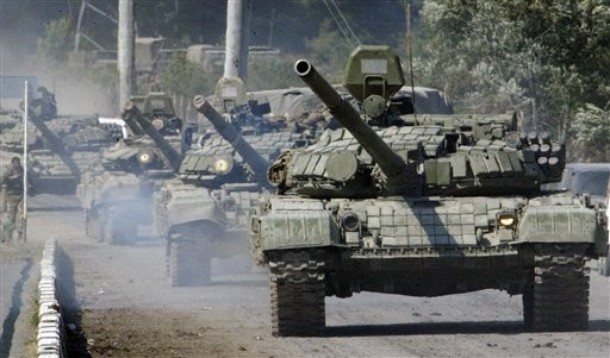
From Ronald Asmus, the German Marshall Fund: A specter is starting to haunt wider Europe — those countries located between the EU and NATO on one hand and Russia on the other. That specter is “Finlandization.” The return of this Cold War phrase reveals much about the changing spirit of the times and geopolitics of European security today. “Finlandization” refers to the policy imposed on Finland after World War II to pursue a foreign policy of neutrality that took the strategic interests and demands of the Soviet Union into account while preserving a democratic political system and avoiding the adoption of a communist system or becoming a satellite state, as was the case in Central and Eastern Europe. …
But the phrase is slipping back into modern usage–as a potential future option for those countries in wider Europe. It is a shorthand way to describe a Russian policy that seeks to limit the foreign policy choices and sovereignty of countries on its borders and preclude their joining NATO or seeking a westward course in what Moscow sees as its sphere of privileged interest. Moscow has been engaged in a political offensive on this front since the 2008 Russia-Georgia war. It has recently been focusing on using soft power to tie a country like Ukraine more closely to it and to deny Kiev a Western option.
Moscow is not only seeking assurances from these countries that they will not seek to join the West. It is also seeking assurances from Western nations that they recognize this alleged sphere of special interest — and potentially give their tacit agreement to such new notions of limited sovereignty. That is one of the main issues embedded in a series of Russian policy pronouncements and the European security proposal of Russian President Dmitry Medvedev. While no Western leader has yet endorsed this idea as official policy, one doesn’t have to travel very far in the diplomatic corridors before running across diplomats who are asking out loud whether some new and modern version of “Finlandization” might become an acceptable policy for countries whose prospects for Western integration seem to be sinking. (graphic: Economist)
Image: ap%205%2028%2010%20Russian%20tanks%20South%20Ossetia.jpg
